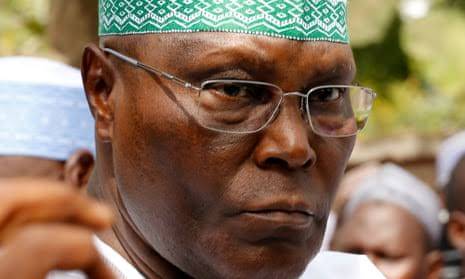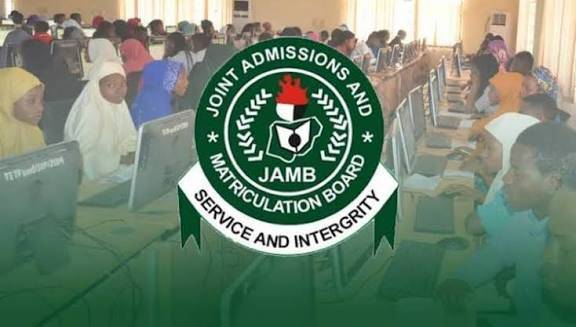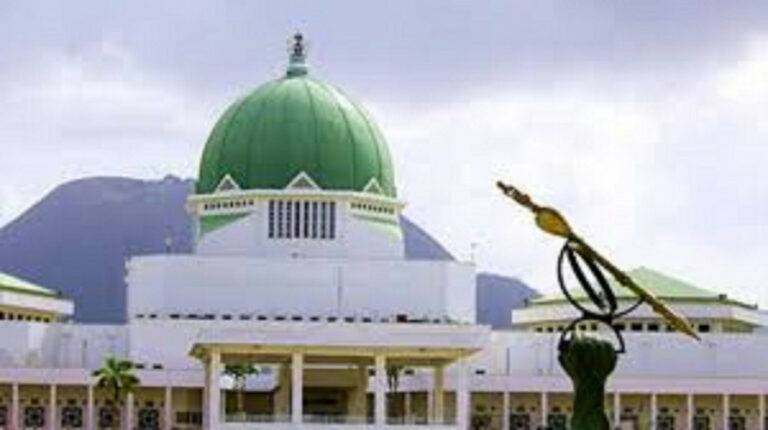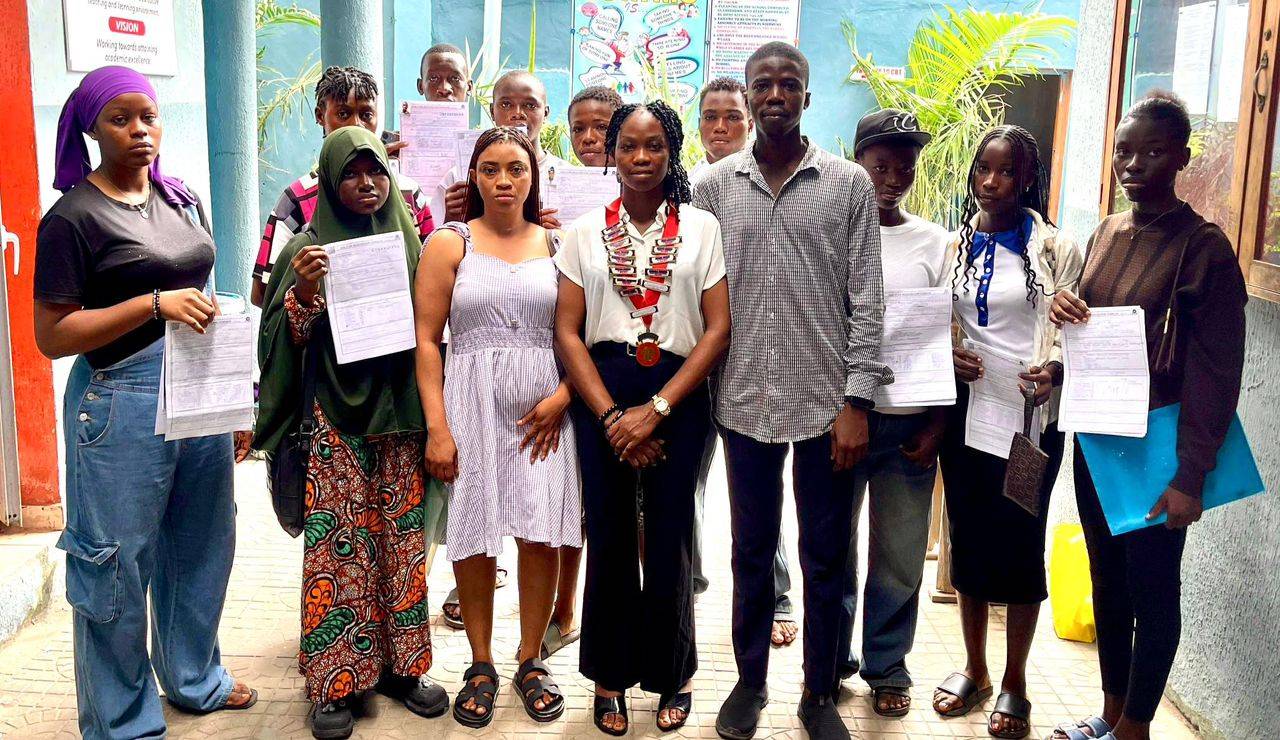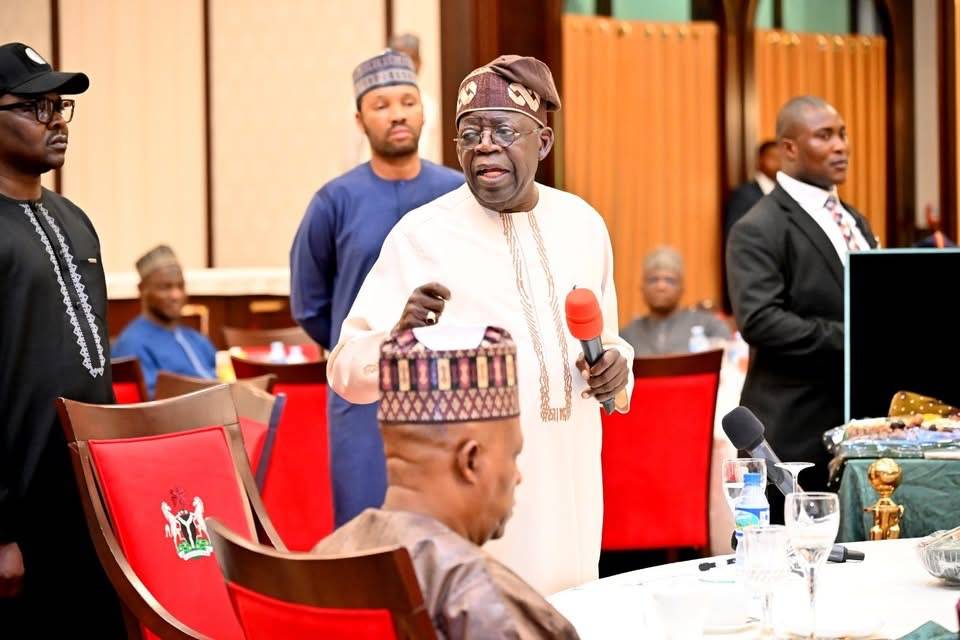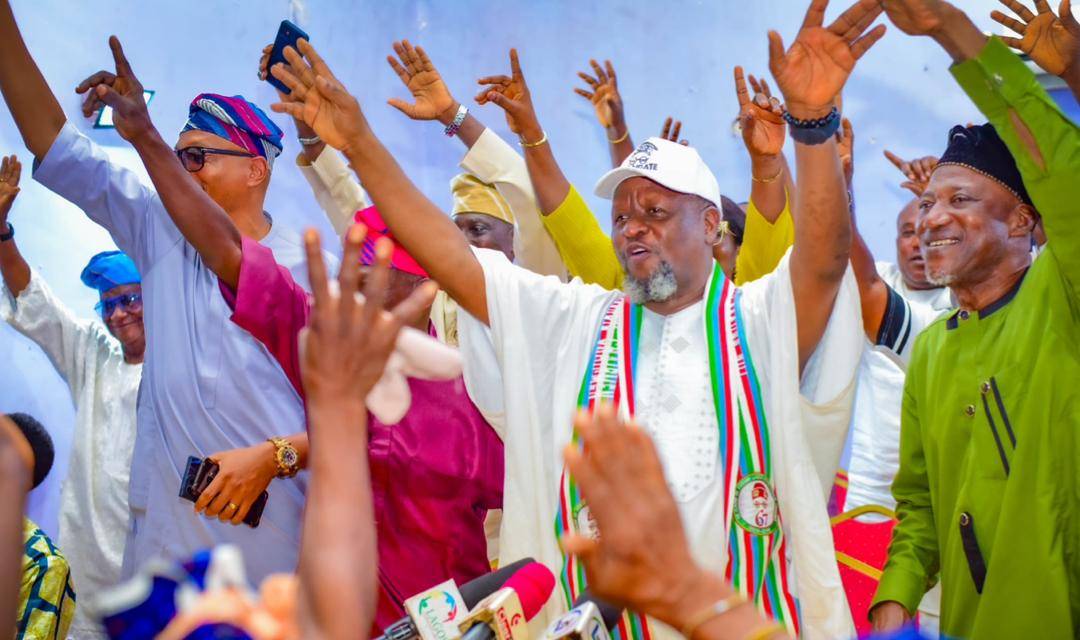The political situation in Adamawa State has taken a dramatic turn as Nigeria’s former Vice President, Atiku Abubakar, has been stripped of his admired Waziri Adamawa title — a development many believe is a deliberate attempt to diminish his political influence.
The news, confirmed in an official circular dated June 20, 2025, has set off shockwaves across the state and beyond, raising eyebrows over what critics describe as a “thinly veiled political ambush” disguised as administrative reform.
The circular, signed by Mrs. Adama Felicity Mamman, Permanent Secretary of the State’s Department of Chieftaincy Affairs, announced new eligibility requirements for holding traditional titles. Under the new directive, only indigenes of specific districts — Yola North, Yola South, Girei, Mayo-Belwa, Song, and Zumo — can serve as Kingmakers or hold titles within the Adamawa Emirate Council.
Atiku, who hails from Jada Local Government Area under the Ganye Chiefdom, no longer qualifies to be part of the Adamawa Emirate’s hierarchy, effectively costing him the Waziri title — the second most powerful traditional position after the Lamido of Adamawa.
A Calculated Political Strike?
Though framed as a technical adjustment to traditional leadership structures following the creation of new chiefdoms, the timing of Atiku’s removal has fueled intense political speculation.
Political watchers see this as part of a deeper power struggle between Atiku and Adamawa State Governor Ahmadu Umaru Fintiri, who were once allies within the Peoples Democratic Party (PDP) but have since fallen out.
Their strained relationship worsened after Atiku began courting key opposition figures, including former Kaduna Governor Nasir El-Rufai, Peter Obi, and Aishatu Binani, in a bid to build a powerful coalition against the All Progressives Congress (APC) ahead of the 2027 elections.
Many now view his removal as an open attempt to humiliate Atiku and chip away at his traditional and political influence.
Governor’s Grip Tightens on Traditional Institutions
As the controversy brews, attention has also turned to a controversial bill before the Adamawa State House of Assembly, seeking to give the governor the power to depose traditional rulers — particularly those deemed too ill to continue in office — and appoint their successors.
Critics warn that the bill, combined with Atiku’s removal, points to a dangerous consolidation of political control over traditional institutions.
“This is not about tradition. This is pure politics, disguised as reform,” a source close to the Emirate Council told reporters.
Fallout and Political Repercussions
Atiku’s removal from such a prominent traditional post is more than symbolic. In the political chessboard of Adamawa and Nigeria at large, traditional titles remain deeply intertwined with power, influence, and public perception.
For a man seen as one of Nigeria’s most experienced political gladiators — and a constant presence on the presidential stage — the loss of the Waziri title represents a significant dent to his political arsenal.
But if history has shown anything, it’s that Atiku Abubakar is not one to back down easily.
Political observers predict that the coming months will see the former Vice President double down on his efforts to build alliances and fight back — both at the ballot box and in the court of public opinion.
As Adamawa watches with bated breath, one thing is clear: the battle for influence in Nigeria’s North-East has only just begun.
With additional report from LawBlog


